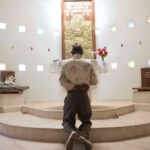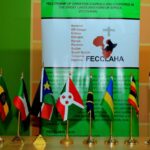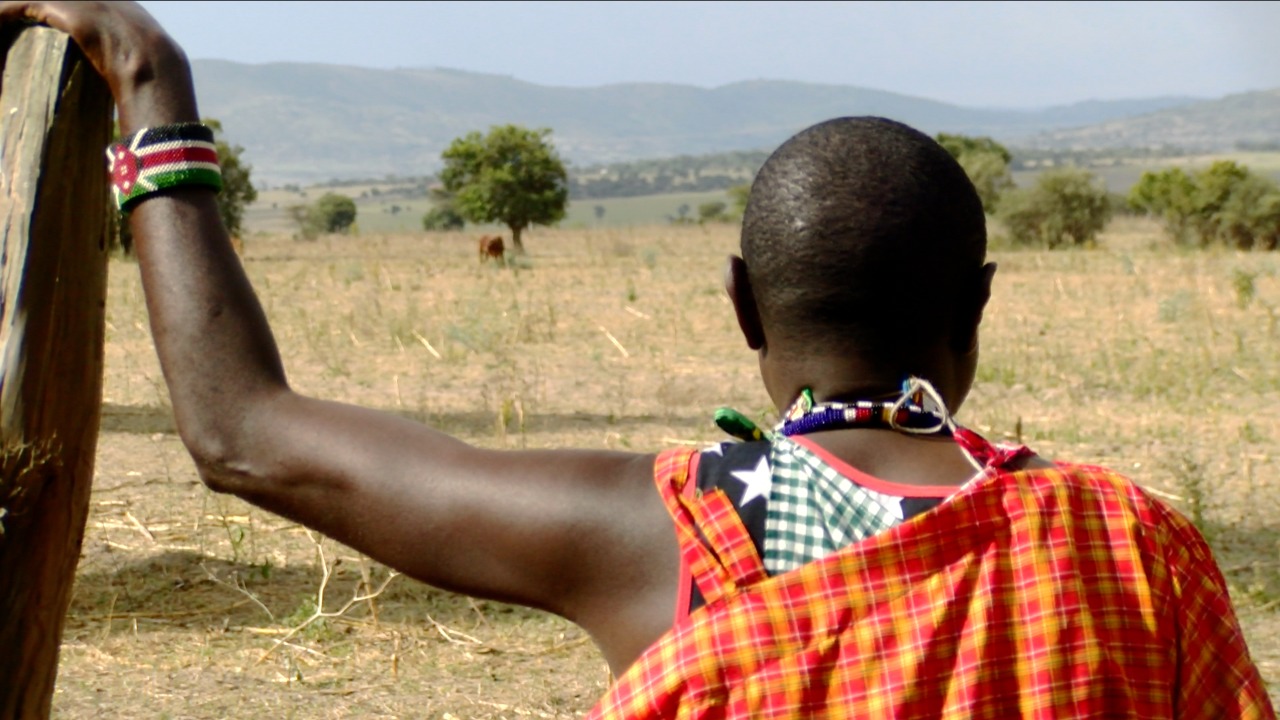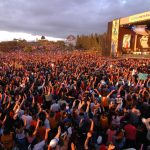The eyes of the world have turned to Qatar as the World Cup kicks off; some Christian charities are questioning why people of faith are being ‘hidden away’.
According to Open Doors, registered Christian churches are confined to a single compound in Doha.
Outward religious signs, such as crosses, are banned and entry is limited to expatriate communities and non-Muslims.
The compound was originally designed to promote ‘inter-religious dialogue’, but Open Doors’ Middle Eastern Advocacy Spokesperson,
Anastasia Hartman, claims the base is now overcrowded.
They are not the only Christian churches to exist in the nation – but the others aren’t given legal permission to practice their religion.
The charity says that Indigenous Qataris face discrimination, harassment and police monitoring if they convert to the Christian faith.
Qatar sits in 18th on the Open Doors World Watch List, a list of nations ranked by the extremity of the persecution Christians face.
Anastasia says: “It’s a fine gesture. However, now it is now way too overcrowded. It’s time for Qatar’s Christians to go ‘free range’ – religious expression is a human right and not something to be hidden away as if it’s an embarrassment.”
“Article 18 of the UN’s Universal Declaration of Human Rights say that everyone should be able to express their faith ‘in teaching, practice, worship and observance’,” says Henrietta Blyth, CEO of Open Doors UK and Ireland.
“While we appreciate the steps made to house expatriate congregations in the Mesaymeer complex, Open Doors is asking them to allow religious organisations – both expat and indigenous to operate peacefully, free from monitoring and interference.”
However, Christian Middle East expert Dr Harry Hagopian believes the World Cup is a move forward for the home nation.
He told Premier Christian News: “We in the West should be a little more gracious, rather than constantly carping about this, that and the other.
“We know, within their own structures, within their own cultures and traditions, they are trying to do the best they can.”
He continued: “It’s not always easy to find a middle ground, and it’s not always easy – overnight – to change long-held beliefs and traditions.”







